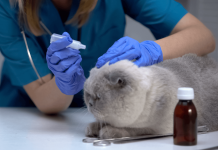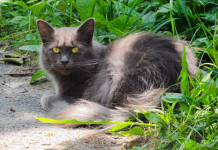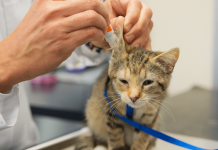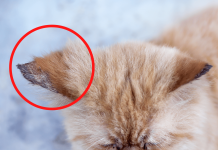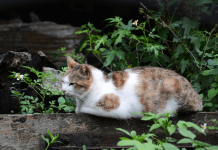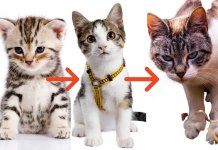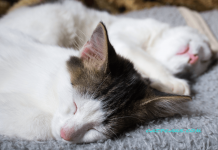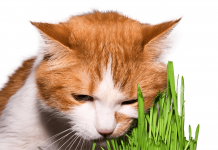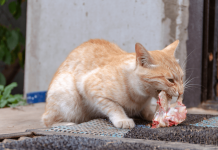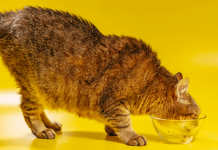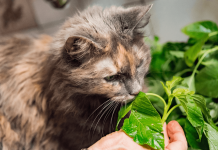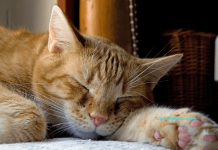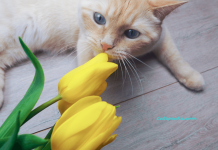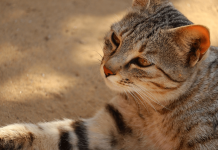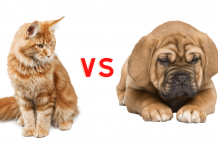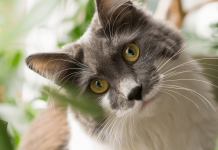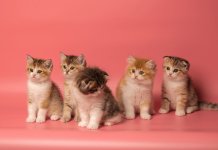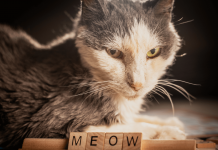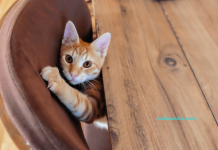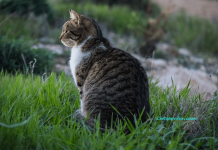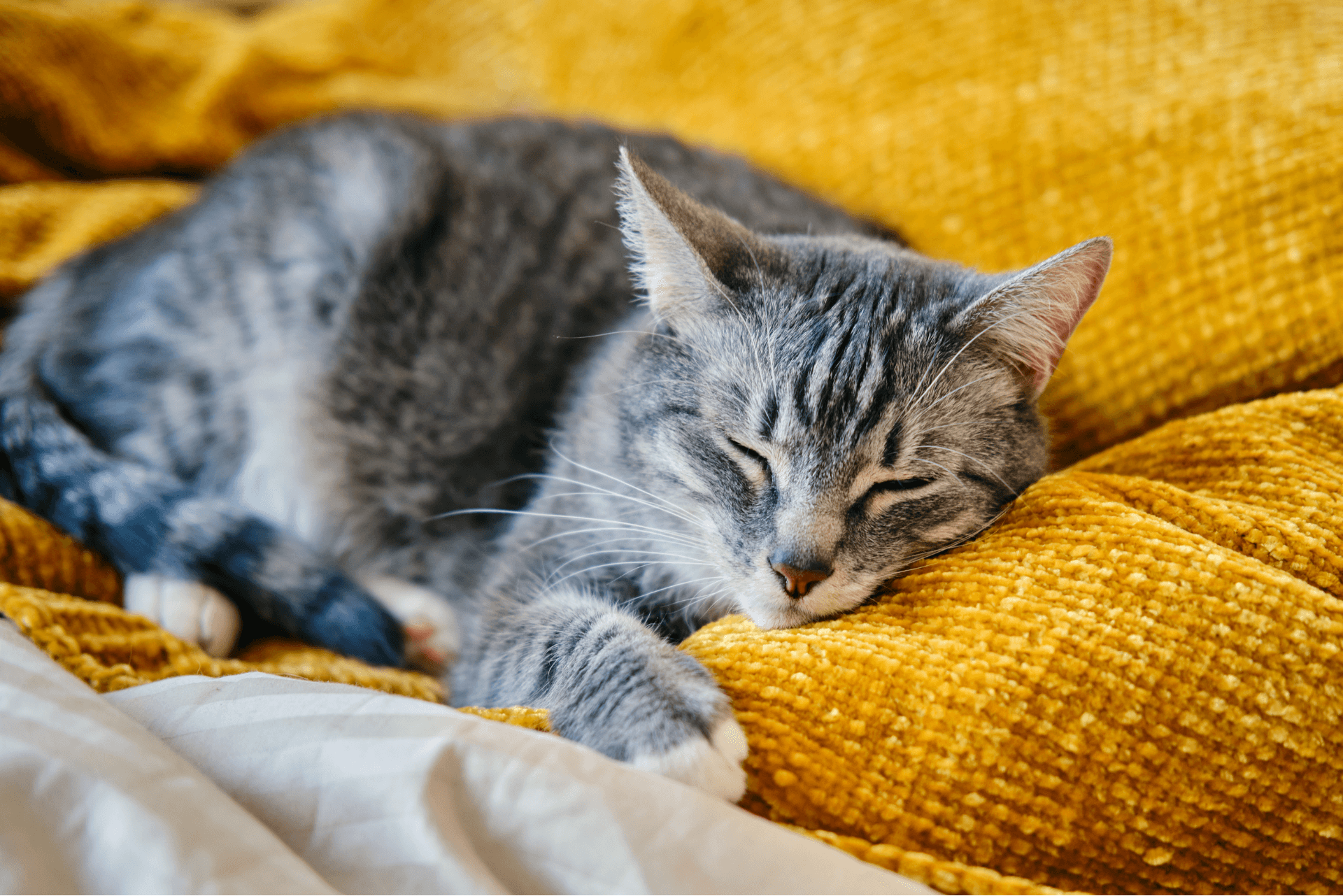I bet you have noticed your cat purring a lot of times. This is one of the most common sounds any cat makes. But the irony is, we know less about it than chattering, hissing, meowing, or growling.
So, why do cats purr? The most common answer is they are happy and in a good mood. There can be some other reasons too behind a cat’s purring. For example, the pet is hungry, or it is healing from something.
Do you want to know more about the cat’s purring? Then give this article a read. Here you will get different reasons why your cats purr and what your role is in all these.
How Do Cats Purr?
Before getting deeper into the reasons for purring, let’s learn how cats purr. The scientists claim that it takes the involvement of 3 muscles to produce a purr. These muscles are the larynx or voice box, laryngeal muscles, and a neural oscillator.
These muscles can move around 20 to 30 times per second. When the cat breathes, and air touches the muscles, it creates a vibration. The vibration comes out in the form of a purring sound.
We can also put it in another way. Let’s say the cats have a special type of wiring that travels from the brain to the voice box muscles. The wire vibrates the larynx muscles and acts as a valve so that air can flow through them.
The voice box muscles can work during both exhalation and inhalation. Why do cats purr continuously? Well, this is why. As the valve opens and closes rapidly when air passes, it produces a soft and low purring sound.
Why do cats purr?
As I have mentioned earlier that cats purr when they are happy. But this is not the only case. Some experts claim that a cat can purr when it is sad, upset, or angry. The thing is there is an ongoing debate on why cats purr.
Nobody can guarantee the reasons why your cat is purring. The good news is scientists are still experimenting and discovering new information on purring. In this section, I will discuss all the reasons why a cat purr.
7 Reasons Behind a Cat Purr:

1. The cat is happy and pleased
The cats generally purr when they are happy and relaxed. They make this low and pleasing purring sound only for the close ones. Have you ever wondered why cats purr when you stroke them?
Yes, it is because they love it when you pet them. It calms both their mind and body. The cat enjoys the strokes closing its eyes half-closed and keeping the tail still with a purring. This scenario proves that your pet cat is relaxed and enjoying the moment very much.
2. The cat is hungry or wants something
Purring is a way of communication between the cat owners and the cats. The cat makes a purring sound when it is hungry and can not find food. But this purring sound is slightly different from the pleased one.
Experts suggest that the purring of a hungry cat comes along with an unpleasant sound or meow. Sometimes, this purring can sound similar to the crying of a human baby. The cat owners can easily spot the difference and determine the cat’s mood.
3. The cat is angry or frightened
Many of you may not know, but a cat purrs when it is angry, afraid, or stressed. This type of purr is a combination of growling and hissing. If you ever experience this condition, do not disturb your cat anymore.
Let it be alone for some moments. If you feel the cat wants you to be around, just take it on your lap. Do not stroke or pet it.
4. The cat is sad and upset
Yes, the cats purr when they are sad, upset, or depressed. They will purr in a low pitched voice with mournful yowls. If you find your cat purring in an unhappy voice, pet it to make it feel comfortable and relaxed. Playing can also cheer the pet up.
5. The cat is healing from any injury
Have you ever seen an injured cat purring? This may sound odd, but a cat purrs if it faces any accident. Obviously, that purr sounds more painful and heartbreaking.
You will be surprised to know that purring has a healing effect on a cat’s body. The low-frequency purr creates a series of vibrations, which helps the pet come around faster.
Experts claim that purring can heal the bone and wound of a cat. Besides these, purring builds muscles and repairs tendons, lessens wound pain and eases breathing mechanisms. Maybe purring is the reason why cats stay more healthy than other animals.
6. The cat is communicating with other cats
It sounds amazing when a cat communicates with its fellow cats through purring. This is more common among the mother and kittens. Generally, the kitten purrs to let its mother know the position. However, sometimes, the mother cat uses purring as a lullaby to make the kitten sleep.
7. The cat is dying
Have you ever thought why cats purr when they are dying? Many of you may not know about this, but it is a fact. Many vets and cat owners claim that they have observed pets purring when they die. The purring sound lasts until their last breath.
Experts still do not know why the cats purr while dying. Many people think this purr indicates that the cat is passing in comfort while others disagree. Scientists are still working to understand this behavior.
Why do cats purr and then bite you?
The purring of a cat defines its mood. Most owners think the cat is making this low pitched sound because it is happy. But that might not be the case. If your cat bites you right after it purrs, this means your pet does not want you around, or it is trying to avoid the petting at that time.
Why do cats purr and knead?
Generally, kneading comes with a loud or slow purring. This sound indicates that your cat is happy and flattered. The pet is loving your company and enjoys playing with you.
So, why do cats purr? I guess you have got your answer. Though the purring sound indicates different modes at different times, the human brain can easily spot the difference.
Related: How long do cats live? – Facts you need to check today


